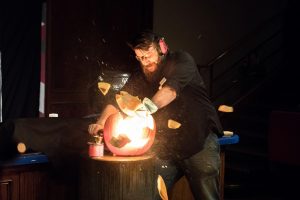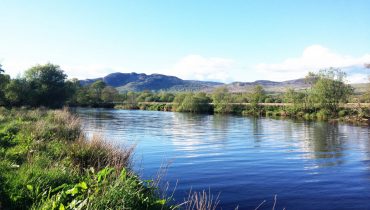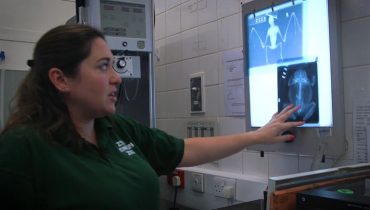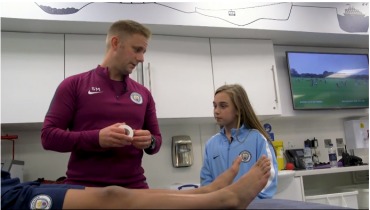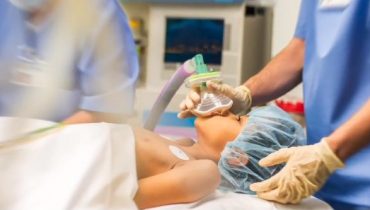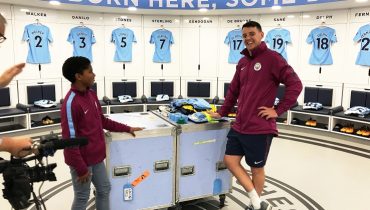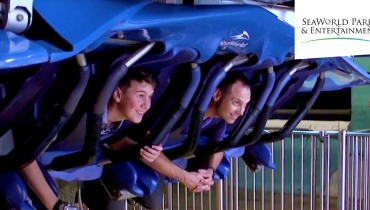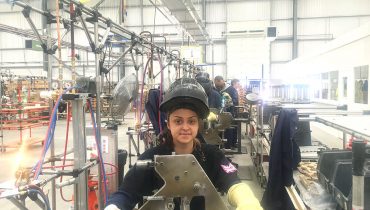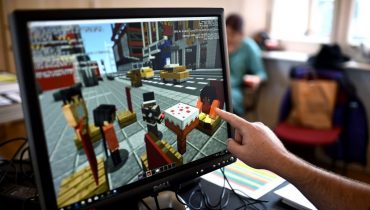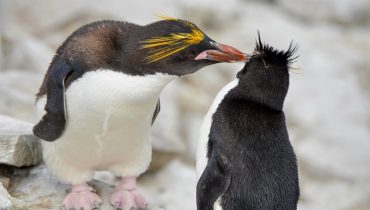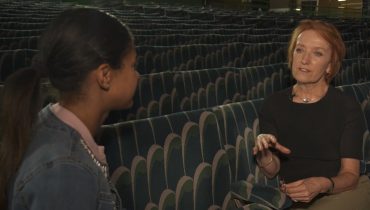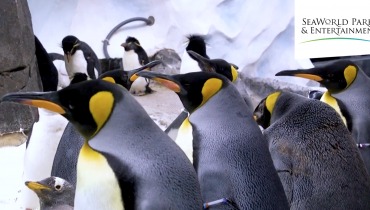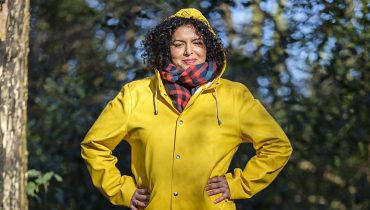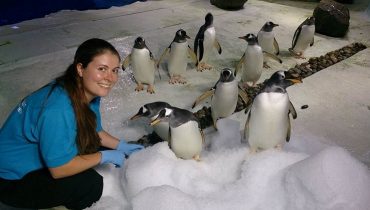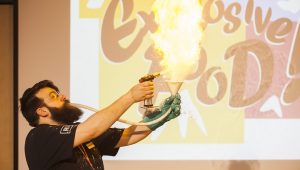 Dan Plane
Dan Plane
Science Presenter
If you struggle to get interested in science, you’ve never seen Dan talk about it! He told us what he loves about explaining the wonders of science.
What I do
I’m a science communicator. I work with the Royal Institution (Ri), giving science shows to schools all around the country, and I also make videos for Ri’s YouTube channel. For some shows, I get to perform in the Ri’s historic Lecture Theatre, where people have first learnt about loads of amazing science discoveries for nearly 200 years!
How I got my job
I’ve always worked in jobs teaching people stuff, like in schools and museums, and I’ve always found science really interesting. My first science communication job was in a museum, where I learnt to talk in front of lots of people and perform science demonstrations. So when I found out that the Ri was looking for someone like me to take science shows out to schools, to help people start a lifelong interest in science, I jumped at the chance!
What I love about my job
Performing shows is great fun! I get to blow things up and make a mess, all to get people excited about science. And that’s the real best bit, seeing people having fun with science and being as excited about it as I am. Then there’s the fact I might just be inspiring someone to take a really close interest in science.
What’s difficult about my job
Travelling to schools that are far away means some very early mornings and long drives. And after a long day of shows I’m pretty tired, so I often have a snooze in the car before driving home. But it’s not the comfiest!
What skills I need
To start, you either need to know the science you’re talking about, or be willing to learn it. For a good show, it helps to be outgoing and have a good sense of humour. Audiences will enjoy a science show even more if you can make them laugh. Most importantly, you need to be passionate about what you’re doing. If you find the science exciting and interesting, then it’s infectious and comes across when you talk about it.
Where should young people start if they want to do the job, too?
If you’re into science, technology, engineering, or maths, you probably already read books, visit websites and watch YouTube videos and TV shows about it. And that’s really good. Knowing loads of fun facts and interesting ideas helps you talk to people about anything and everything. Of course, learning these subjects at school is also really important; there are even university courses now especially for science communication. It might also help to be a performer of some kind. I know science communicators who are also actors and comedians. Those skills help you when it comes to presenting shows to an audience.
How my job could change in the future
There will certainly be new science to talk about. And then the technology that’s available to demonstrate science will get better and better. For example, when I first started trying to show something was very hot, it was difficult if it didn’t glow. But now thermal imaging cameras that can show hot and cold things on a big screen are small and affordable, so I have used them in my shows. So who knows what will become available in the next ten years? Maybe scanning electron microscopes could be used to show what atoms are doing live on stage!
